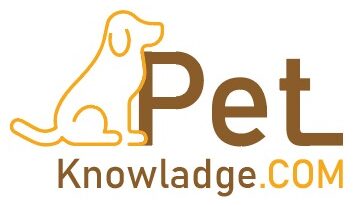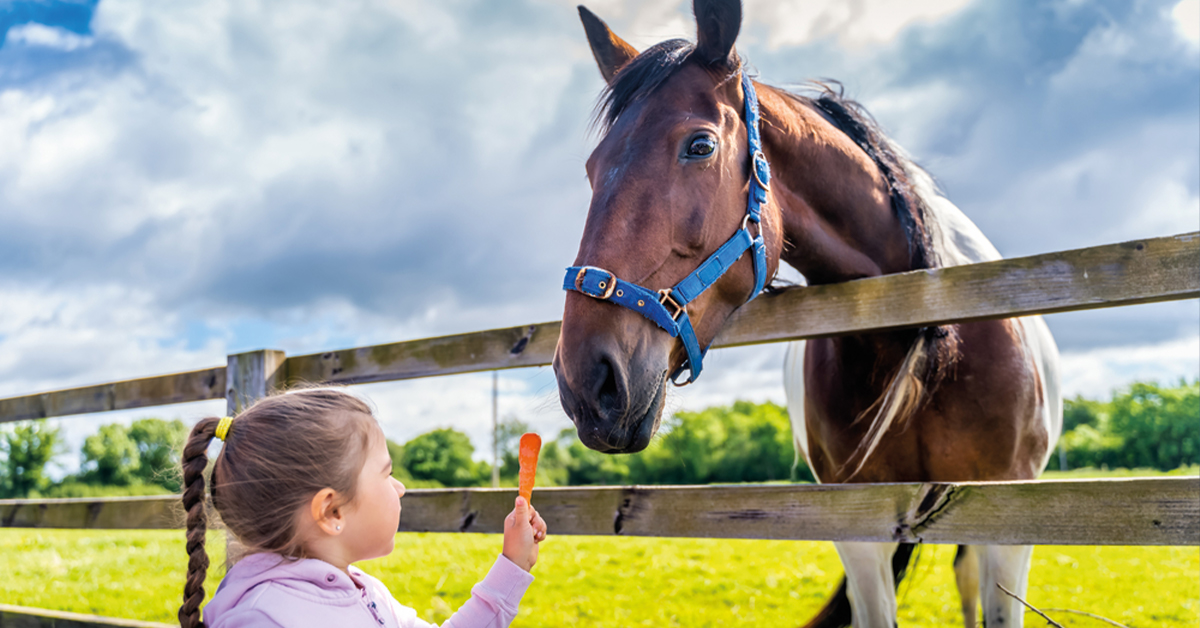Horses digestive systems are very sensitive, so although they are robust and seem able to chomp down on enormous amounts of horse food, feeding them the wrong items can lead to serious health issues. Conscious horse owners must know what is bad or deadly for them Here are nine things you should never feed your horse, and explanations for why:
This modification has the effect of assimilating horse food into the context much more organically, but the message is quite clear as to the danger of improper feeding.
1. Chocolates
Shockingly, chocolate can be equally poisonous for horse feed as it is for dogs. There are two chemical substances contained within chocolate- theobromine and caffeine- which cause extreme health problems in them. Dark chocolate has a high concentration of theobromine, which creates slowed heart rate, digestive problems, and, worst, convulsions and death. Small amounts can make them very sick, so chocolate needs to be kept away from them.
- Symptoms of chocolate poisoning: Hyperactivity, tremors, tachycardia, polyuria, and colic.
2. Avocado
Avocado is toxic horse feed as it contains persin, which causes heart damage, respiration problems, colic, and even death. The entire plant from an avocado fruit, leaves, seeds, and bark- is harmful. Although persin is tolerated by some animals such as humans and birds, they are among the most sensitive. Even slight portions of avocado can threaten your horse’s well-being.
- Symptoms of avocado poisoning: Toxins and poisoning symptoms of avocados include breathing, irregular heartbeat, fluid buildup, colic, and swelling.
3. Tomatoes
Tomatoes are in the same family of plants as potatoes, eggplants, and peppers, and it is also toxic horse food. They contain a very toxic substance called solanine. It causes severe health issues like digestive problems, lack of energy, and colic if a pony takes small amounts of tomatoes. In all likelihood, tomato fruits can be an unintentional source of contamination, but the leaves and stems are every bit as poisonous.
- Symptoms of solanine poisoning: Diarrhea, colic, weakness, loss of appetite, and paralysis in extreme cases.
4. Caffeine
All the while, we coffee-and tea-loving humans should merely stay away from anything containing caffeine. Caffeine causes irregular heartbeats, increased blood pressure, and hyperactivity in them. By the way, caffeine is illegal for use in most equestrian sports because of its stimulatory effect. Never feed horses caffeinated beverages, energy drinks, or snacks such as coffee or tea.
- Symptoms of caffeine toxicity: For instance, symptoms of caffeine toxicity include hyperactivity, restlessness, irregular heart rate, and muscle twitching with tremors.

5. Bread and Other Manufactured Grains
Bread and other baked products including doughnuts, cakes, and even muffins may seem harmless enough but are not ideally suited. Manufacturing grains and breads can swell when placed inside a horse’s stomach which would even lead to impaction colic or digestive blockages. The digestive systems of horses work best in support of natural grains like oats and barley. Highly processed grains and other product types consisting of bread are likely to cause friction in digestion and discomfort for the animal.
- Symptoms of impaction colic: Symptoms of impaction colic are seen in abdominal pain, loss of appetite, sweating, and restlessness.
6. Meat
Horses are herbivores; that is, their digestive system is not made up for breaking meat since they tend to only nibble on strange things out of curiosity from time to time. Horse Feed Feeding meat can bring about severe digestive upsets. They lack the proper enzymes to break meat proteins; hence it would lead them to colic or diarrhea or even worse outcomes. Their diet should be strictly plant-based, preferably hay, grass, and grains.
- Symptoms of digestive upset from meat consumption: Colic diarrhea, gas, and superficial lethargy.
7. Lawn Clippings
It is very tempting to feed them grass clippings after mowing the lawn. It can be extremely hazardous to do so. Lawn clippings tend to ferment rapidly, leading to potentially fatal gas colic or laminitis. Moreover, lawn clippings can contain mold, pesticides, or toxic plants that might have gone undetected when you were mowing the lawn. They gulp their food down, not chew it, so they can choke or suffer digestive blockage easily.
- Symptoms of lawn clipping disorders: Colic, gas, laminitis, and respiratory problems.

8. Dairy Products
Horses are lactose-intolerant and, therefore do not produce the enzyme lactase, which helps digest lactose, one of the sugars found in milk and other dairy products. Feeding dairy to horses has extremely severe digestion issues that may result in bloating, diarrhea, and colic. Milk, cheese, yogurt, and any dairy product should never be part of the diet of a horse, however good it might look to share your snacks with them.
- Symptoms of lactose intolerance in horses: Gas, bloating, diarrhea, and colic.
9. Potatoes
They are part of the nightshade family and contain solanine and chaconine, which are toxins to the equines. Raw potatoes and their peels can cause severe gastrointestinal issues like colic, diarrhea, and even central nervous system problems. Cooked potatoes are not recommended for consumption as they, too, could lead to digestive upsets. Anything from the nightshade family is best avoided.
- Symptoms of potato poisoning: Gastrointestinal distension, colic, diarrhea, weakness, and in extreme cases, neurological issues.
Why Horses Have Unique Dietary Needs
They are ruminant herbivores, which over millions of years have been selected to digest vast quantities of grass and hay; therefore, their digestive systems would never have been selected to handle anything other than this type of input. Their stomachs are about 2-4 gallons in capacity and relatively sensitive. Poor diets given to horses upset natural gut flora balance, making them prone to colic, laminitis, and so on, many of which are potentially lethal.
Unlike ruminant animals, horses digest their food by microorganisms in the hindgut, fermenting fibrous material. The above fermentation may easily be pushed out of kilter by certain introduced foods the horse’s digestive system is unprepared for. Quite safe foods for other animals can be very harmful to horses.
How to Keep Your Horse Feeds Safe
To keep a healthy horse, maintain their diet full of quality forage like hay or grass. A few general tips to keep their diet safe:
- Stick to horse-safe foods: Hay, grass, and horse-specific grains and supplements should be the high point of their diet.
- Refrain from giving treats that are not for horses: Often, it can be very tempting to give your horse bread, a cookie, or a leftover salad, but it is always safer to stay with treats like carrots, apples, and other commercial horse-safe treats.
- Maintain an eye on grazing areas: Make sure your pasture or grazing area does not have toxic plants, such as nightshade, oleander, or bracken fern.
- Supply new clean water: They always need new supplies of fresh water to be kept hydrated and to encourage digestion.
- Consult a vet or equine nutritionist: If you are not sure whether a particular food is safe enough for your pet, you should consult a vet or an equine nutritionist before feeding them.

Conclusions:
Knowing what not to feed would be equally important as knowing what to feed them. The wrong foods can turn into hazardous life-threatening conditions and therefore need to be monitored closely of what your pet is being fed. Bread or dairy, for instance, appears to be relatively harmless but can have extreme consequences on the overall health condition. All of this can be achieved by simply sticking to a diet full of grass, hay, and pony-approved grains, avoiding all the nine foods listed above.
Related: 10 Best Horses for Barrel Racing


aj5t6q
8wrq95